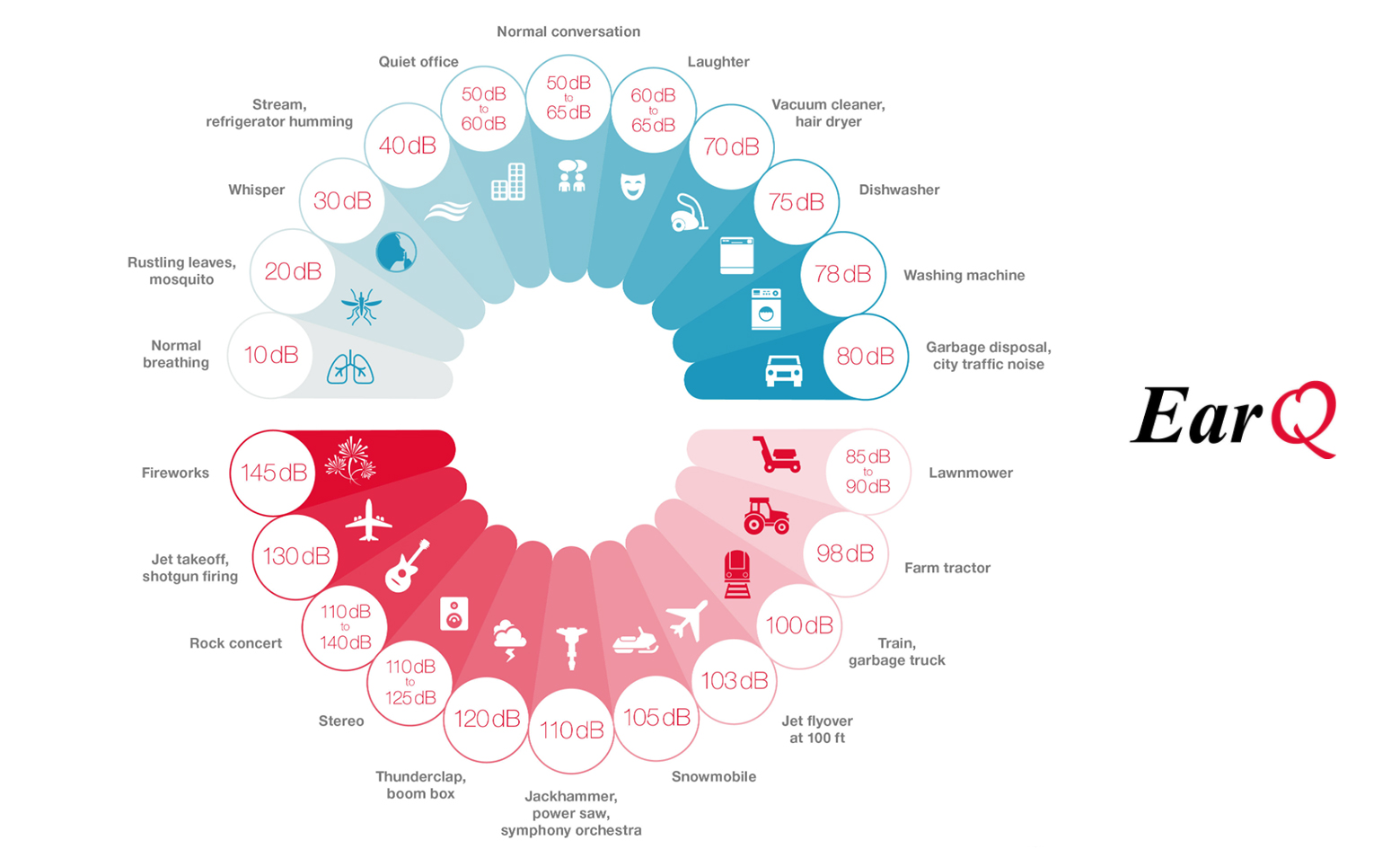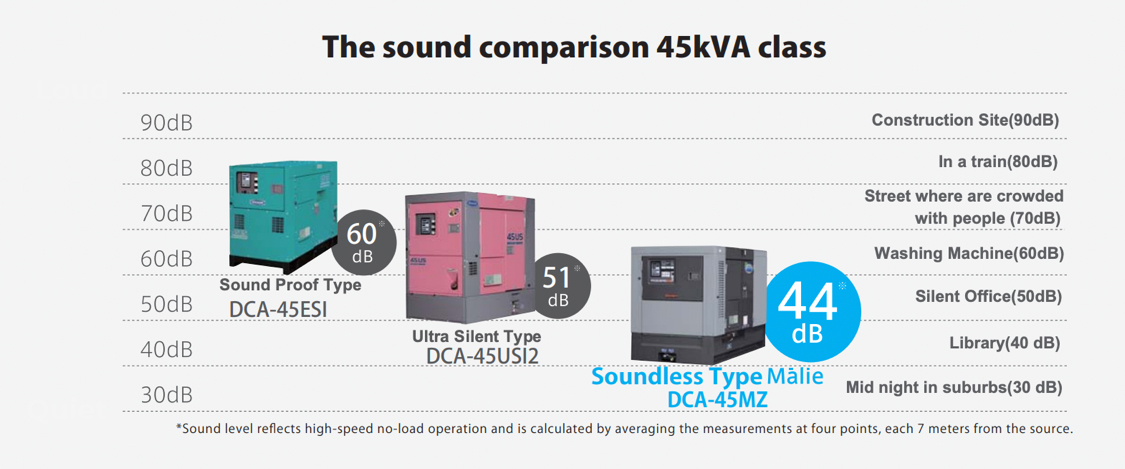How is Sound Measured and Why Does It Matter?

How is Sound Measured and Why Does It Matter?
Sound is energy that travels in waves, and its intensity is measured in units called decibel (dB), meaning the higher the decibel, the louder it is. It is important to know that repeated or prolonged (more than 8 hours a day) exposure to noise louder than 85 dB can permanently damage hearing. Under the Occupational Safety and Health Administration (OSHA) in the USA, all workers' maximum permissible exposure limit is 90 dBA* over an eight-hour period. However, for every 5 dBA*, the amount of time an individual is exposed to that level is reduced by half. For example, Legally you are allowed to be exposed to eight hours of noise at 90 dBA, but only four hours at 95 dBA and two hours at 100 dBA due to how sound intensity is measured. Thus, let us read further to find out how decibel scale measures differently and why it matters.
* A-weighted decibels, abbreviated dBA, are an expression of the relative loudness of sounds in air as perceived by the human ear.
How is sound measured?
Do you know that decibels are different from other familiar scales of measurement? While many standard measuring devices, such as rulers, are linear, the decibel scale is logarithmic. The logarithmic scale better represents the changes in sound intensity that human’s ears can hear.
To explain linear measurement, think of a building that is 100 feet tall, and by adding another 10 feet, the building will be 10 percent taller – which would seem slightly more elevated. Using the logarithmic decibel scale, if a sound is 80 dBA, and we add another 10 dBA, the sound will be 10 times more intense and seem about twice as loud to our ears. If a sound is added 20 dBA, that is 100 times louder.
Here is an illustration of common environmental sounds and how they measure up:

Image credit: EarQ
Why does it matter?
As explained, even a small increase in decibel level can significantly impact your hearing health. As decibel rises, your hearing is more likely to be damaged and more quickly than you might expect. This can lead to many implications and gradually reduce your ability to understand speech in noisy places. Life can become a downward spiral when dealing with hearing issues, stress and declined productivity due to fatigue.
Like any other noise pollutions, noises caused by construction sites has always been in attention locally, especially with conventional machinery equipment constantly producing loud noises, causing adverse reactions from people living within the site's proximity.
While it is not easy to minimise the noisy activities on construction sites as jackhammers, tamping machines, and engine generators are indispensable machines needed to carry out the project – it is best to control at the source of the noise. Companies, consultants, and contractors must be aware that they are directly responsible for the construction noise – for people’s quality of life lies in their willingness to introduce a low-noise purchasing policy for their machinery equipment.

The ever-growing concerns for environmental noise have sparked Denyo to innovate in creating a full range of ultra-silent generators that are durable, energy-efficient and quiet – even when operating at full load. Our latest engineering marvel, Malie DCA-45MZ, registers at only 44 dBA in sound emission, comparable to a silent library.
Denyo believes that it has a responsibility to deal earnestly with environmental issues and step up on engineering efforts to achieve a liveable environment for all. If you have more questions regarding our article, don't hesitate to contact us to address your concerns. Thank you.


